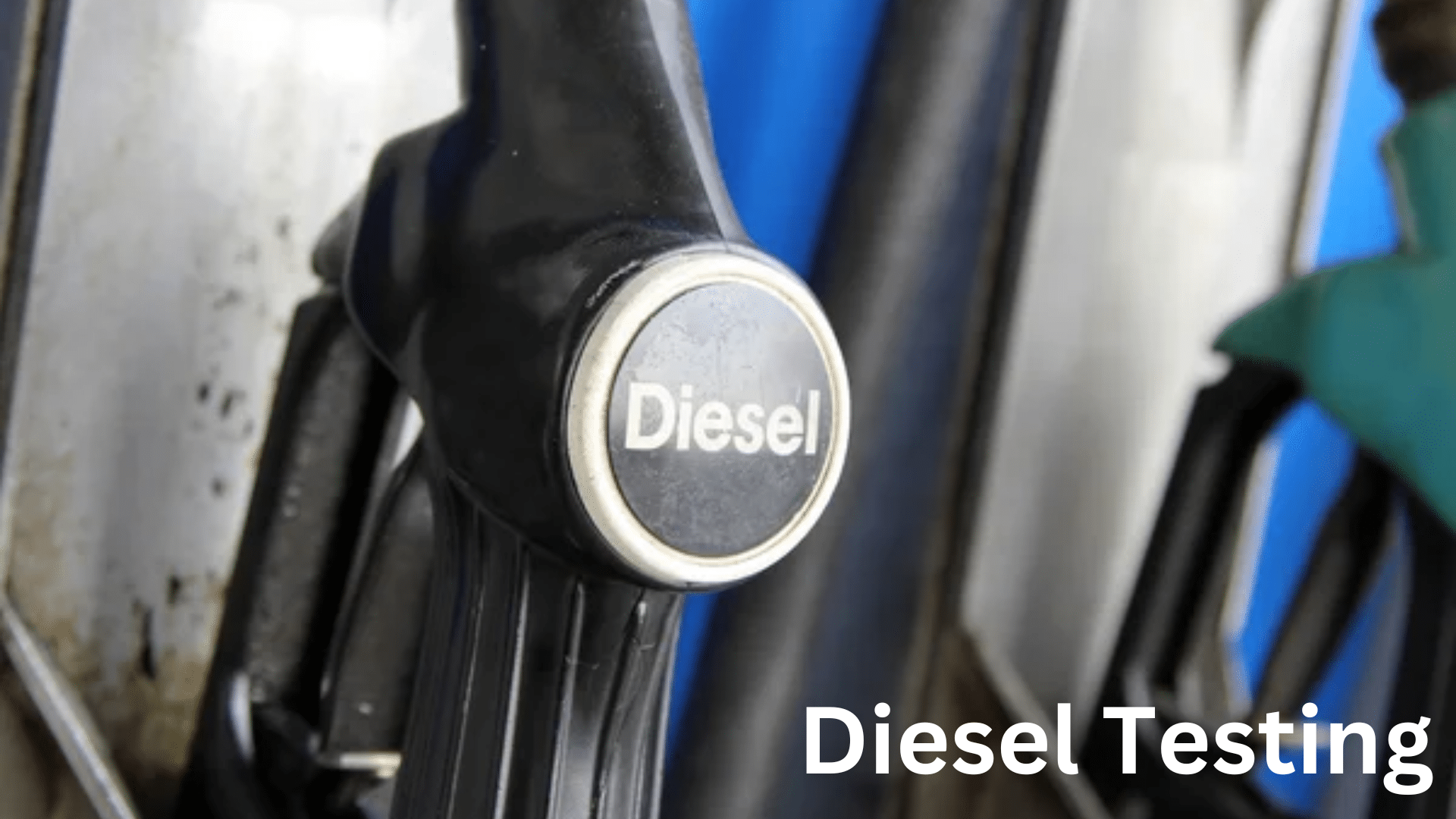Diesel fuel quality is crucial since it affects performance directly. The fuel of higher grade burns more deeply and ignites more quickly. Uncontaminated gasoline also shields components and machinery from harm. The major indicator of fuel quality is the cetane rating, which indicates the rate and effectiveness of combustion. Other tests assess stability and contamination levels, which have an impact on the device’s performance. As a result, it becomes important to submit samples to a Diesel Testing Lab in Qatar for precise assessment.

Need for Diesel Fuel Testing
Many different crucial elements, some of which affect whether or not gasoline is useable, may be found during fuel quality testing at Qualitas. The following are some of the variables that diesel fuel testing may measure:
Oxidative Stability
An essential quality of any diesel fuel is stability, which may be determined by oxidative stability testing on a fuel sample. The amount of sludge and varnish that forms when gasoline is placed through an accelerated stability scenario is measured by testers at a chemical testing laboratory. Lower stability is correlated with larger sludge deposits. When used, fuel that doesn’t pass the oxidative stability test may leave sludge stains in the storage tank and other machinery. Additionally, sludge buildup causes incomplete fuel combustion, which produces black smoke. Extreme gasoline usage might result in engine failure. Testing for oxidative stability is required to make sure that the fuel is secure and reliable.
Cetane Rating
The performance of diesel fuel—that is, how rapidly and fully it burns—is determined by its cetane grade. The octane rating is the equivalent of ordinary gasoline. It is a vital measurement since a lower cetane rating might cause equipment failure. Fuel that has been kept may lose some of its cetane ratings over time as a result of impurities and the environment. Regular cetane rating checks for gasoline that have been stored are crucial because of this.
Water Content
Testing fuel for water content is particularly important since water molecules can cause fuel to deteriorate and microbiological life to build up. Equipment failures and subpar performance may result from excessive water content. Fuel with water is more susceptible to contamination accumulation. Water can also lead to freezing in gasoline tanks, lines, pipelines, or filters, which is another problem. Because of these factors, it’s crucial to guarantee a safe maximum water content in gasoline.
Sediment Content
Additionally, silt must be checked since it can cause equipment failure or damage in addition to lowering performance. Sand, dirt, dust, and other similar particles might be considered sediment. The performance quality will be revealed by a more thorough test at the METS laboratory rather than by a visual check, which can only warn you of severe accumulation.
Sulphur Content
Sulphur content measurement makes guarantee that the Environmental Protection Agency’s (EPA) rules are followed. Both human safety and ecosystems are protected by rigorous restrictions. A significant environmental worry in the past was the high sulfur level of fuel. As long as you maintain compliance, sulphur content checks at METS Laboratory can help you avoid responsibility.
Microbial Content
Water is necessary for microbial life to exist, hence minimizing water accumulation can also decrease microbial development. Microbes must be tested since their buildup damages fuel and clog machinery. In rare instances, microbial life can ruin an engine. In addition, exposure to germs like bacteria and mold might pose a risk to human safety.
Contact METS Laboratories if you’re searching for diesel fuel or Oil Filter Testing In Qatar. We provide the petrochemical industry with a wide range of testing services in Qatar. Your demands for hydrocarbon testing are catered to by our Oil Filter Testing services.



